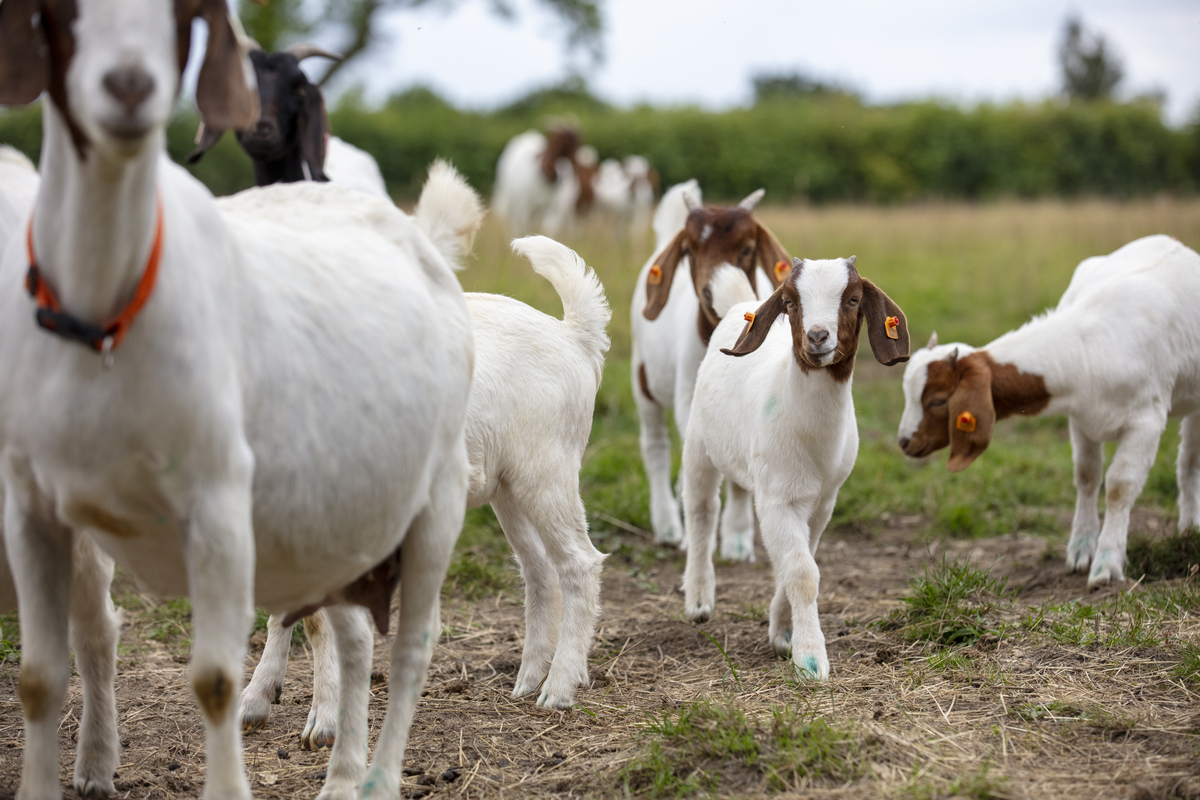The highly contagious virus was detected in Thessaly, Greece, on 11 July, and there is no exact understanding of how the virus made its way into country. Farmers in Greece are now quarantining their livestock and over 10,000 sheep have been culled. The movement of sheep and goats for breeding, fattening and slaughter is banned throughout Greece.
In Romania, which boasts an approximately 10 million strong sheep population and 2 million goats, over 200,000 animals have been killed as the country grapples with 37 active outbreaks across Tulcea, Constanta and Timis.
Now the virus threatens to spread further to the Balkans and Bulgaria. In attempt to prevent the spread, Bulgarian authorities are disinfecting vehicles and any live animals entering the country must have a negative PCR test.
Concerns over dairy production
It is well-known that Greece is a leading producer of dairy products, with 140 million goats and sheep producing 140,000 tons of Feta annually. Whilst Christos Tsopanos from the Association of Greek Livestock (SEK) told Politico that the virus will not impact production rapidly, prices of the commodity may increase.
Support for the impacted farmers
One of the main concerns is the impact of the virus on farmers, with the Greek Government expected to seek funds from the EU Agricultural Reserve – the €450 million pot of money that supports farmers during times of crisis – to support the impacted farmers.
